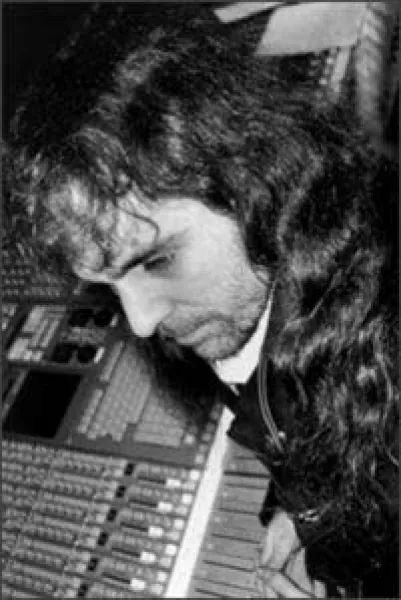Trans-siberian Orchestra - What Good This Deafness lyrics
[BEETHOVEN] WHAT GOOD THIS DEAFNESS THAT MY WHOLE LIFE I HAVE DREAD WHAT GOOD THIS DEAFNESS WITH THESE VOICES IN MY HEAD WHAT GOOD THIS DEAFNESS IF THIS PRATTLE I MUST HEAR IF I WERE BLIND I'M SURE THEY WOULDN'T DISAPPEAR [TWIST] DID YOU REALLY WANT TO BELIEVE WHAT YOU'RE SAYING DID YOU REALLY WANT TO BE HERE ALONE HAVE I INTERRUPTED A MOMENT OF PRAYING WHILE YOUR LIFE'S DECAYING YOUR SINS ARE THEY WEIGHING WHILE YOU'VE BEEN CARVING YOUR STONE ALL ON YOUR OWN DID YOU REALLY WANT TO SIT HERE IN SILENCE COULD IT BE THAT BROODING IS PART OF YOUR ART IS IT AN EXTENSION OF ARTISTIC LICENSE A MOODY DEFIANCE OF ALL OF LIFE'S TYRANTS WHILE YOU'VE BEEN SEARCHING YOUR HEART ALONE WITH US IN THE DARK [Beethoven implores the spirits to leave him alone, but Twist tells him that as shadows they only exist by the light that Beethoven's life has cast and as that light is fading, it is only natural that they should cling to its last moments of illumination. As the clock strikes midnight their conversation is suddenly interrupted by the appearance of Mephistopheles. His presence causes all the other spirits to shrink silently back to the corners of the room.] [Mephistopheles informs Beethoven that he has come to collect the composer's soul. Faced with eternal damnation, the terrified composer claims that it cannot be his time, that he has yet to complete his Tenth Symphony. Mephistopheles looks at the man*script and then with seemingly uncharacteristic generosity, offers to give him as much additional time as he needs, but only if he will tell him what parts he plans to add or change. Beethoven is forced to admit that it is his masterpiece and he would not change a single note. His bluff called, Beethoven still can not believe that this is how his life must end. Mephistopheles a**ures him that not only is it so, but his reaction is the nearly universal response from every man who is about to be condemned to hell. But he then tells Beethoven he is a very fortunate man, for he has decided to offer the maestro something very rarely offered to humans at the end of their time, a second chance, a possible way out of his most unfortunate dilemma.]
